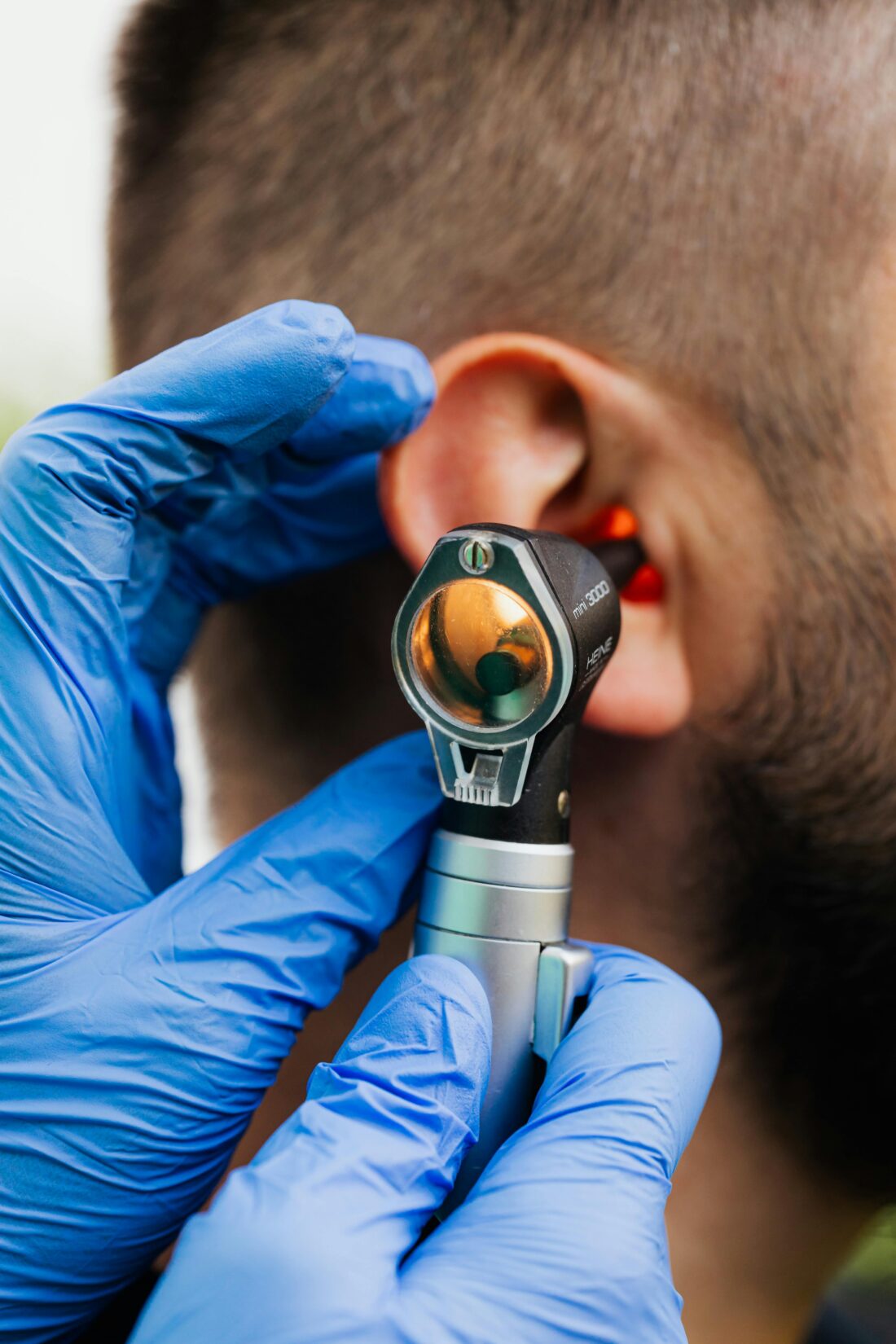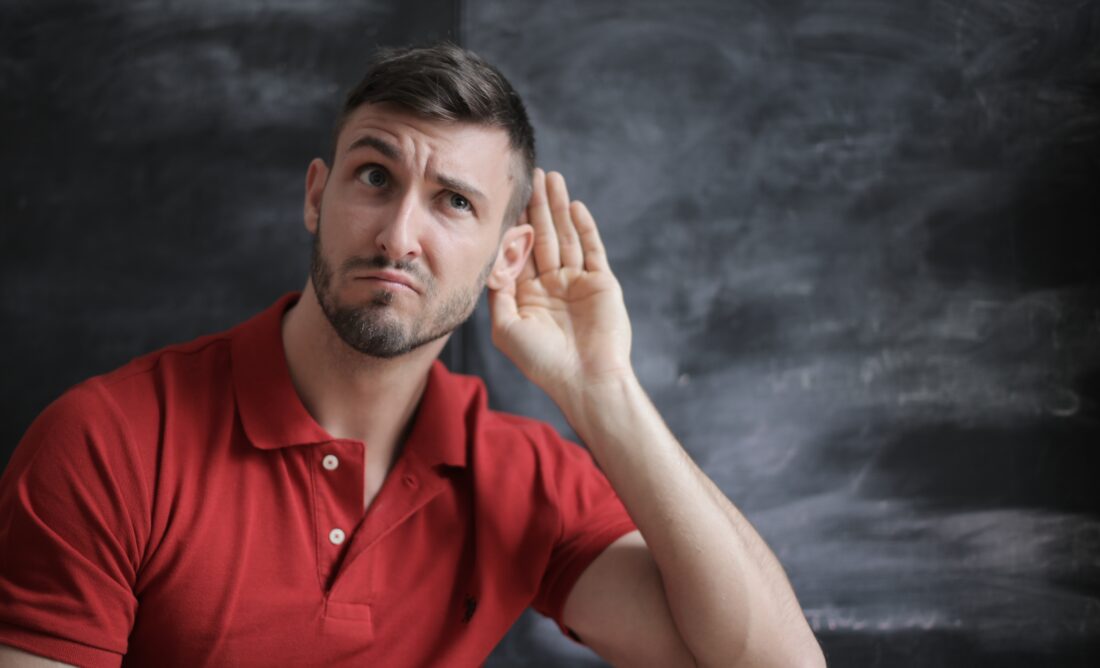When Your Ears Feel Plugged, But It’s Not Wax: What Now?
Do you ever experience the sensation of your ears feeling plugged as if they're full or blocked, but after checking, you find that it's not due to wax buildup? If so, you're not alone. Many individuals encounter this discomfort, and it can be frustrating trying to figure out what's causing it and how to alleviate it. In this blog post, we'll explore some potential reasons why your ears might feel plugged when it's not due to wax buildup, along with some strategies to help relieve the discomfort. Understanding the Sensation: The feeling of plugged ears can vary from person to person. Some may describe it as a fullness or pressure in the ears, while others may experience it as a sensation of being underwater or having muffled hearing. Regardless of how you perceive it, the sensation can be bothersome and affect your daily activities. 1. Eustachian Tube Dysfunction: One possible reason for that plugged feeling in your ears is dysfunction of the Eustachian tubes. These tubes connect your middle ear to the back of your nose and throat and are responsible for regulating air pressure and draining fluids from the middle ear. When they become blocked or don't function properly, you may experience symptoms such as ear fullness, popping sensations, or even temporary hearing loss. https://coastalearnoseandthroat.com/blog/do-you-have-etd/ Solution: To alleviate symptoms related to Eustachian tube dysfunction, try techniques like swallowing, yawning, or chewing gum to help equalize pressure in your ears. You can also try the Valsalva maneuver by gently blowing air...










Recent Comments